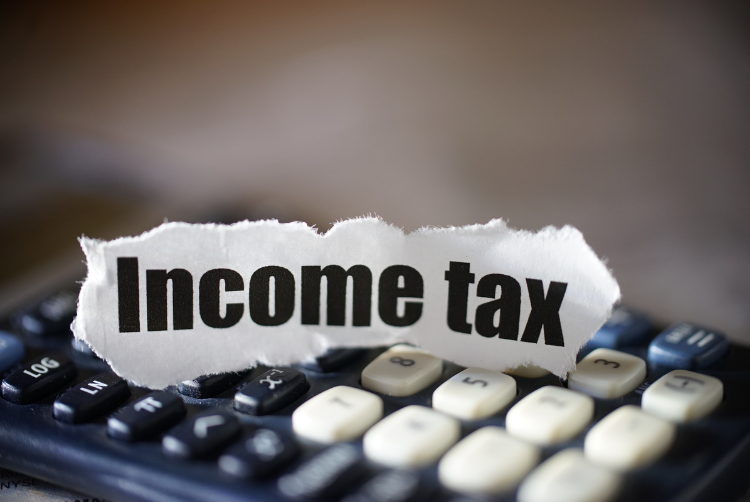Personal Income Taxes: A Global Comparison
Income taxes play a crucial role in funding government operations, infrastructure, and public services. While most countries levy personal income taxes on their citizens, the rates can vary significantly from one nation to another.
When it comes to personal income taxes, the United States might seem burdensome to some, with its highest rate set at 37%. However, when compared to some other countries, this rate doesn’t quite land at the top of the scale.
Topping the list is Ivory Coast, where citizens face an income tax rate of a staggering 60%. This means that a substantial portion of their earnings goes straight into government coffers. Meanwhile, Finland is close behind, with an income tax rate of 56.95%, followed closely by Japan at 55.97%. Denmark and Austria also make the list,
both with rates of 55% or higher.
While many countries demand a significant portion of their citizens' incomes, there are notable exceptions. Bermuda, Monaco, the Bahamas, and the United Arab Emirates stand out as destinations where residents are not burdened by personal income taxes. This makes these locations attractive to individuals seeking to minimize their tax liabilities.
Several other countries round out the list of high-income tax rates. Sweden, for instance, boasts an income tax rate of 52.90%, placing it among the top contenders. The island paradise of Aruba follows closely behind at 52%, showcasing the global diversity in tax policies. Belgium, Israel, and Slovenia share the spotlight with a 50%
income tax rate, highlighting the consistent theme of higher taxation in some parts of the world.
Whether you reside in a high-tax jurisdiction or a tax-friendly haven, staying informed about tax laws and seeking expert guidance can help you navigate the ever-changing world of personal income taxes.



